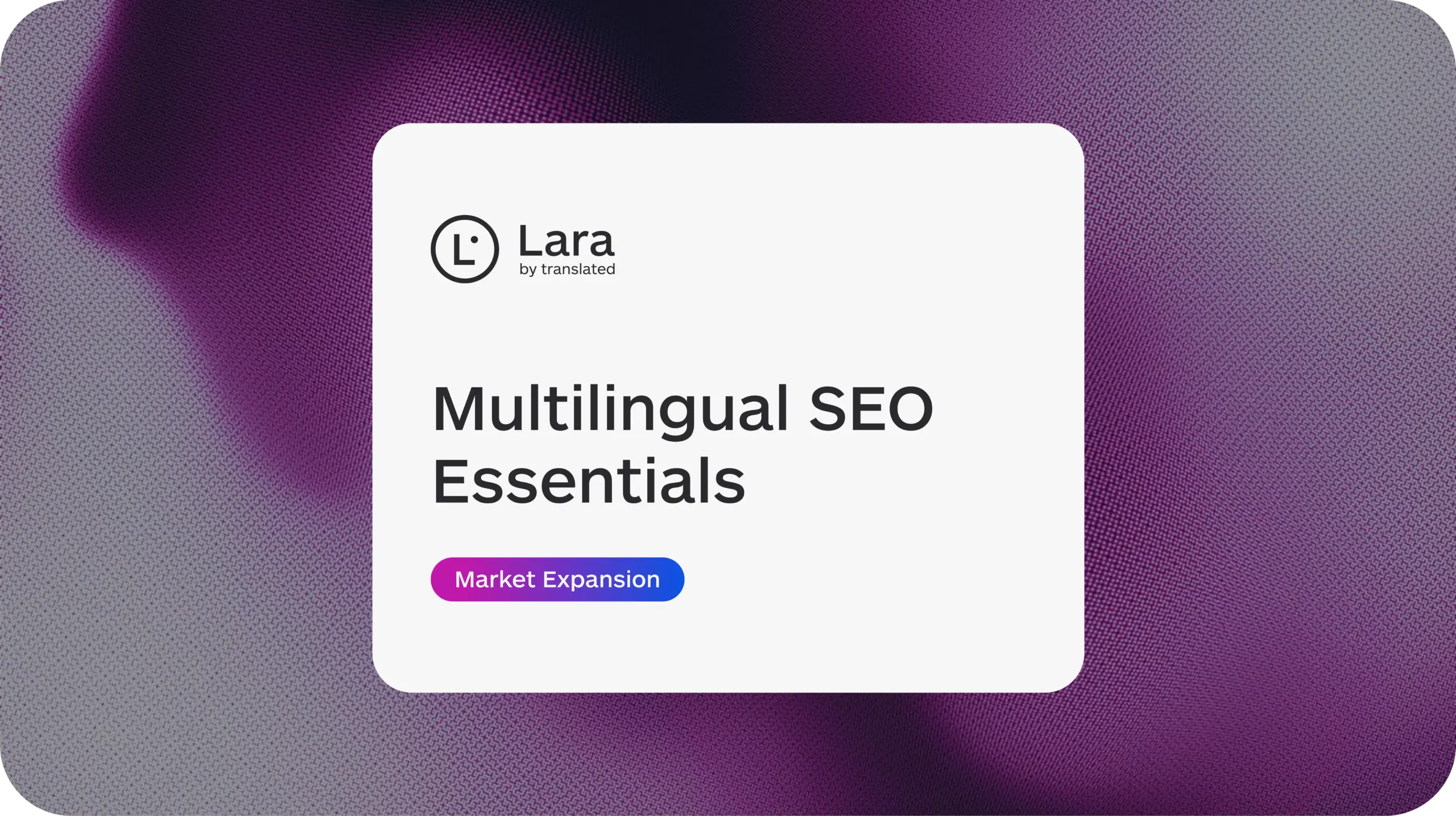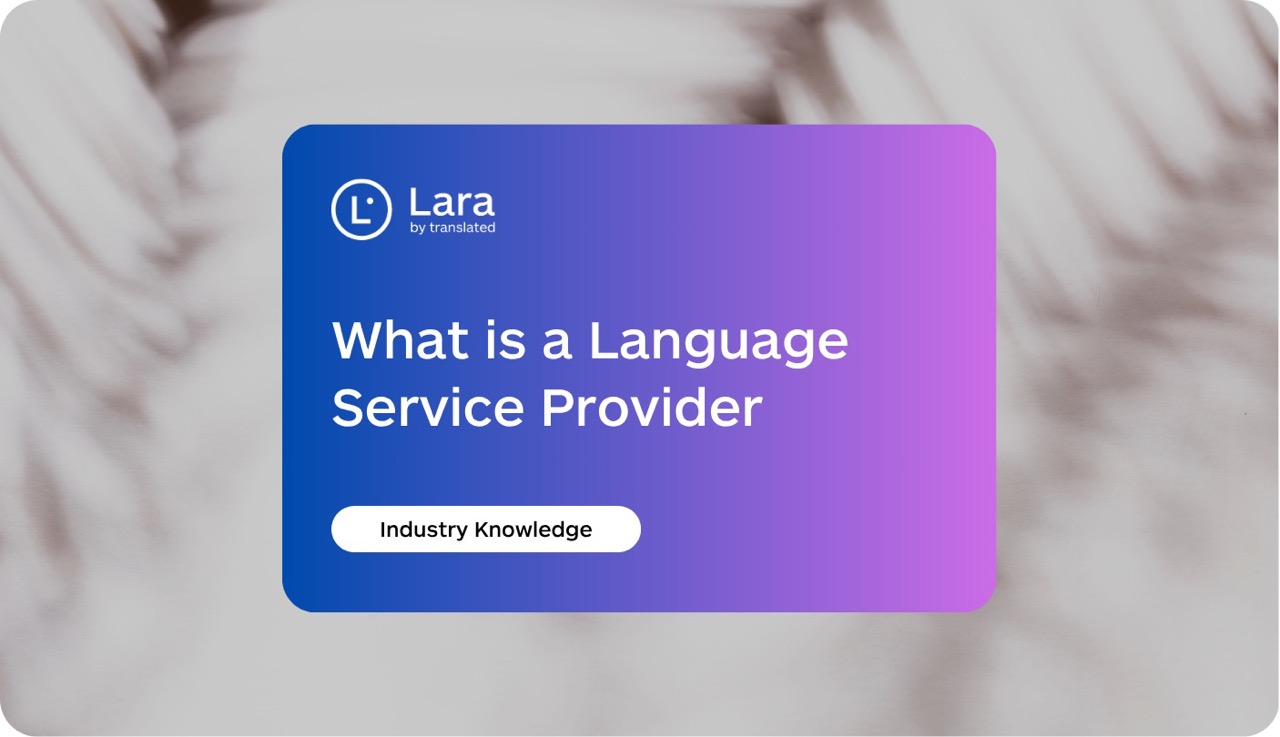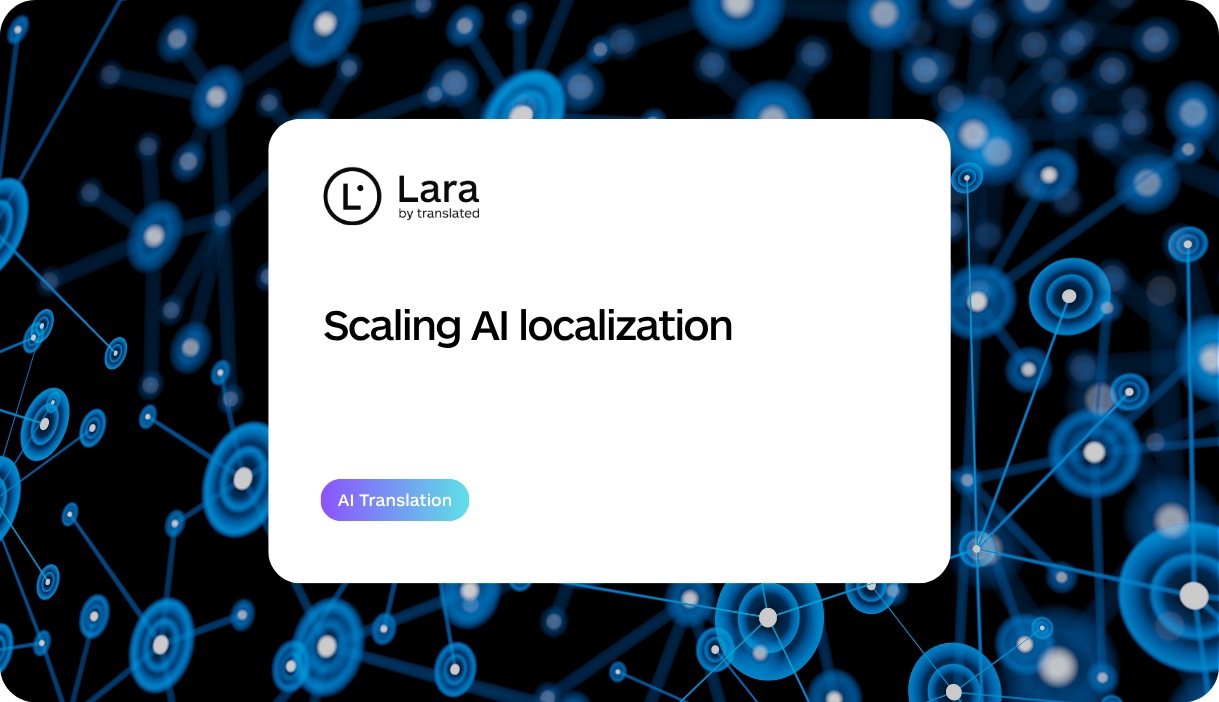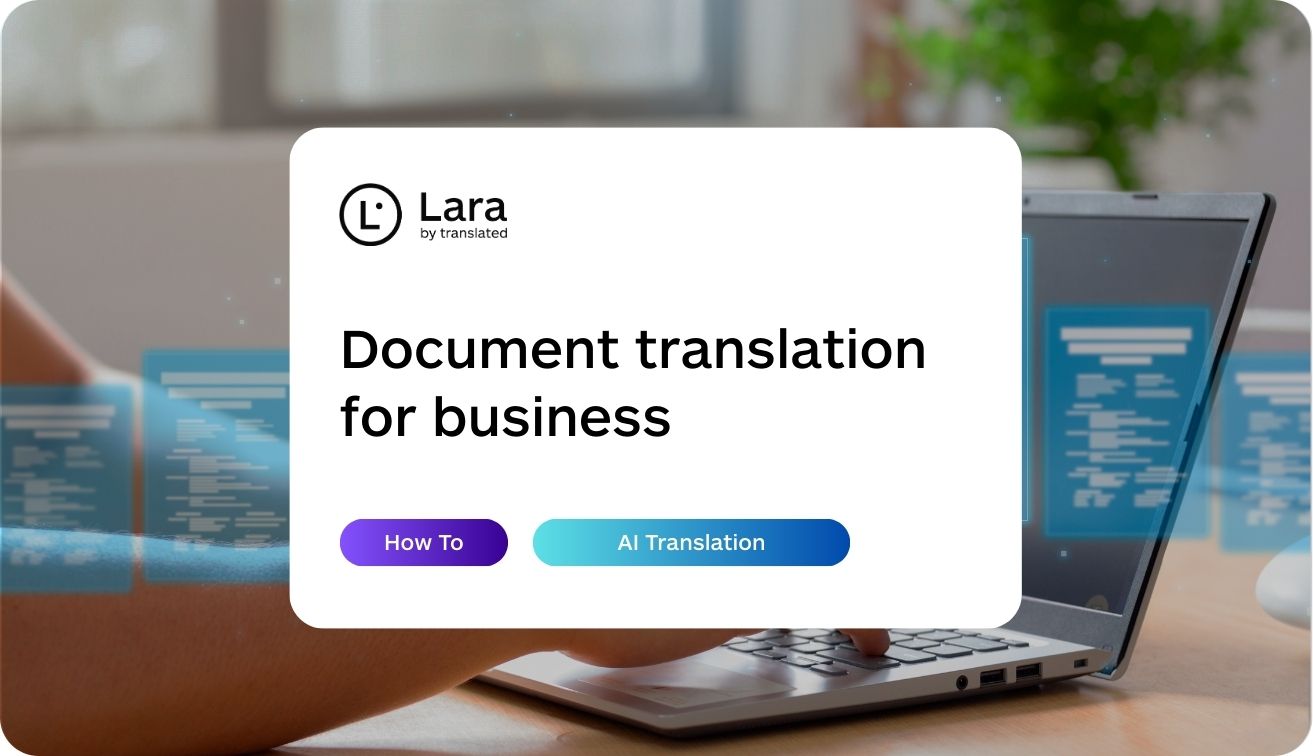The internet has no borders, but your website might. If your business is only optimized for a single language and region, you’re missing out on a massive global audience. Multilingual SEO is the key to breaking these barriers and unlocking new markets. Done well, it improves your search visibility, attracts international customers, and increases revenue.
In this comprehensive guide, we’ll cover everything you need to know about multilingual SEO: what it is, why it matters, and how businesses in different verticals already benefit from it today. Whether you’re an e-commerce business, a SaaS company localizing your platform, a content creator wanting to rank globally, or a business owner reaching international customers, this guide will help you optimize your strategy.
[Accessibility 👂] Listen to a conversation about this article
What is multilingual SEO?
Multilingual SEO is the process of optimizing your website to rank in search engines across multiple languages. This includes adapting content, keywords, and technical SEO elements to ensure your pages appear in the right search results for different regions and languages.
Multilingual vs. multiregional SEO
- Multilingual SEO: Focuses on optimizing content for different languages (e.g., an English website also offering Spanish, French, and German versions).
- Multiregional SEO: Targets specific geographical regions, even if they share a language (e.g., optimizing a site differently for users in the US, UK, and Australia).
For maximum global reach, businesses often need a mix of both.
Why multilingual SEO is an opportunity
- Tap into new markets
80% of internet users prefer websites in their native language. If you only target English speakers, you’re leaving out billions of potential customers. - Improve search rankings in localized SERPs
Google and other search engines rank localized content higher for relevant searches. A well-optimized multilingual site can outperform competitors who rely solely on automatic translation or English-only content. - Increase conversions and revenue
Users are more likely to make a purchase if they fully understand your content. In fact, studies show that conversion rates improve when users can shop in their preferred language. - Build international brand trust
A localized experience enhances credibility. It shows potential customers that you value their language and culture, making them more likely to engage with your brand. - Stay ahead of competitors
Many businesses don’t invest in multilingual SEO, relying instead on automatic translation tools. You gain a competitive edge by optimizing for multiple languages with well-crafted, localized content.
Real-world examples
- E-Commerce: ASOS expands to global markets
ASOS, a leading online fashion retailer, has successfully localized its website to multiple countries, including Spain, Germany, and France. ASOS has dramatically increased conversions in non-English-speaking markets by translating product descriptions, tailoring promotions to regional audiences, and optimizing its international SEO. - SaaS: HubSpot drives international growth
HubSpot, a global leader in inbound marketing software, has leveraged multilingual SEO to expand its presence across Europe, Latin America, and Asia. By offering tailored content in multiple languages and optimizing its blog for region-specific search trends, HubSpot has seen increased organic traffic and sign-ups from international users. - Marketing & SEO agencies: Neil Patel Digital’s global reach
Neil Patel Digital, a well-known SEO and digital marketing agency, has optimized its blog and services for multilingual audiences, increasing engagement and brand recognition in global markets. By producing localized content and ranking highly in different regions, the company has established itself as a trusted resource worldwide. - Content creators & publishers: BBC’s Multilingual news approach
BBC News offers content in multiple languages, ensuring that international readers can access news in their preferred language. This strategy has helped BBC maintain high trust and readership in different regions, with firm rankings in search results across multiple languages. - Business owners: Airbnb’s seamless localization strategy
Airbnb has mastered multilingual SEO by offering a localized experience for hosts and travellers worldwide. The platform adapts content, listings, and user experiences to each target market, ensuring high visibility in local search results and boosting bookings from global travellers.
Conclusion
Multilingual SEO is a powerful growth strategy for businesses looking to expand internationally. Properly optimizing for multiple languages can boost search rankings, attract new customers, and increase revenue.
Invest in a well-planned strategy instead of treating multilingual SEO as an afterthought. Whether you’re a SaaS company, an e-commerce store, or a content creator, breaking language barriers will unlock your brand’s full global potential.
Need help implementing multilingual SEO for your business? Contact Lara Translate, your AI-powered translation partner, to ensure your content is translated, localized, and optimized for search engines worldwide.
This article is about
- The definition and importance of multilingual SEO
- Why businesses should invest in multilingual SEO for global expansion
- Real-world examples of companies successfully using multilingual SEO
- How multilingual SEO enhances search rankings, conversions, and trust.





